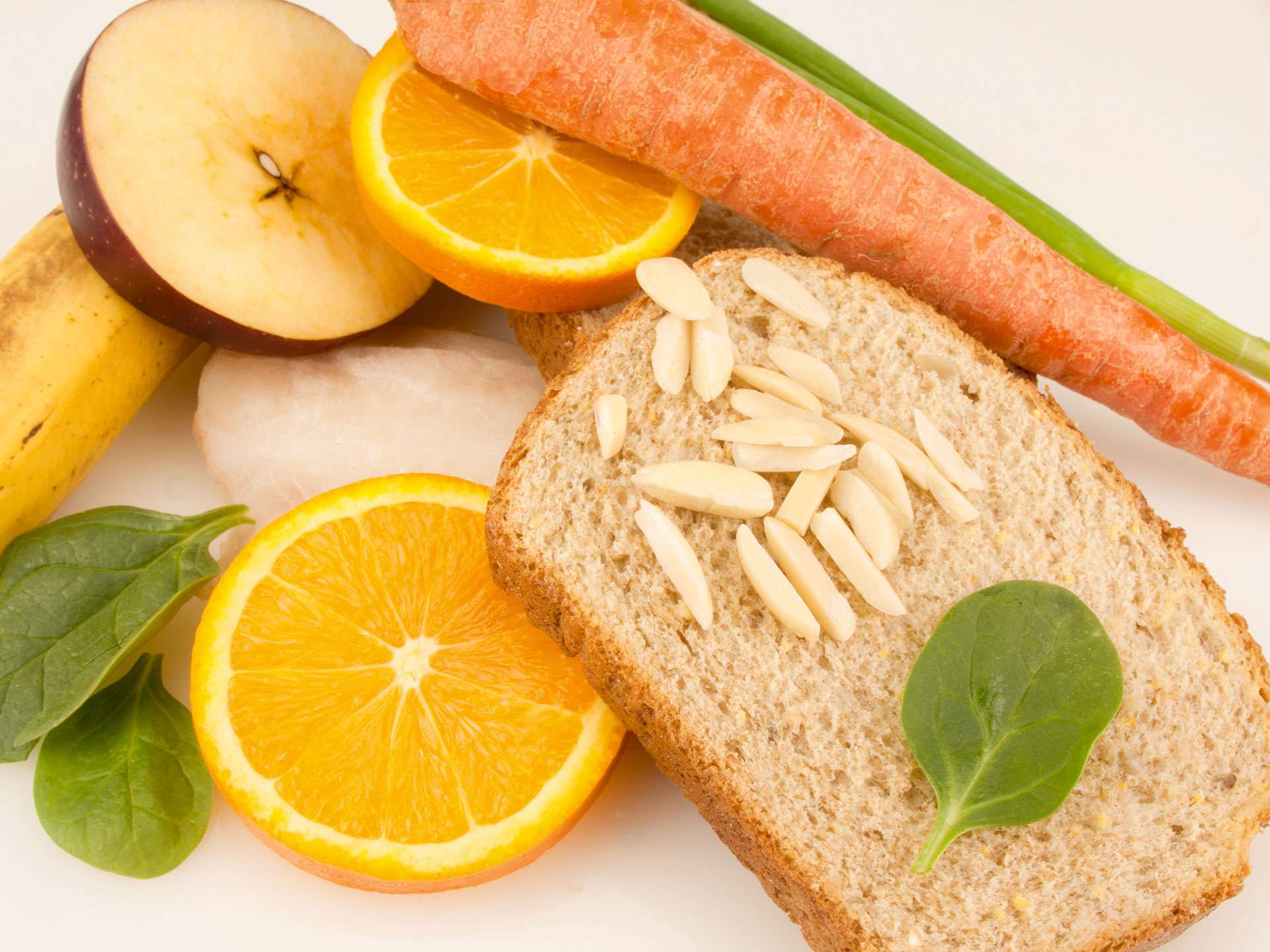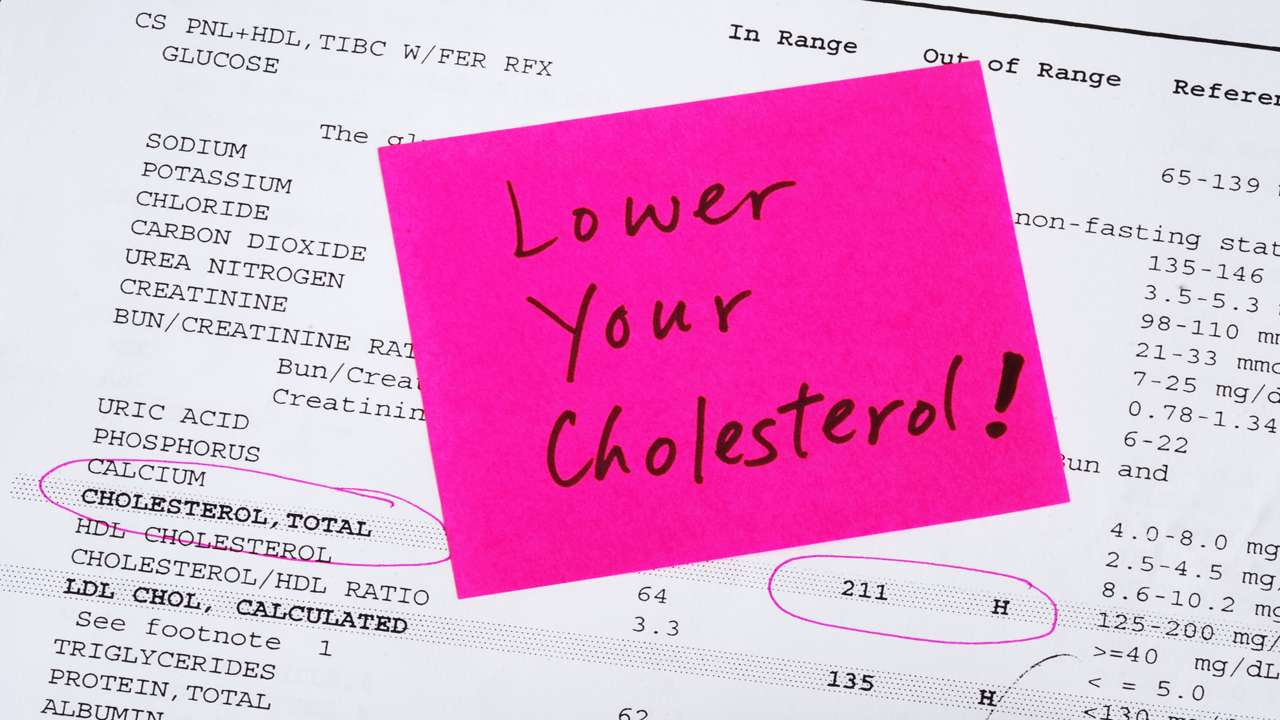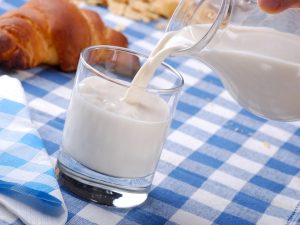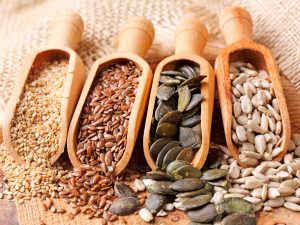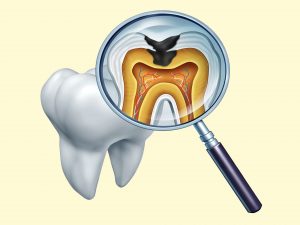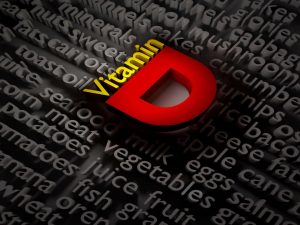Why cholesterol matters?
Cholesterol crops up from two sources—the liver produces cholesterol to make hormones, vitamin D and other important substances, and the other arrives from consumption of fat-rich foods. However, too much cholesterol is dangerous for you. Excess cholesterol forms a thick, hard deposit called plaque on your artery. Arteries get narrowed and hard; the result is reduced blood flow. This condition is called atherosclerosis. Heart attack or stroke is the outcome of a clot that blocks the narrowed artery. Although age and family history are unavoidable risk factors, you can definitely reach your lipid goals by controlling hand in hand other factors like smoking, alcohol intake, high blood pressure, high blood sugar and obesity. In short, lifestyle modifications offer the best way to stay at optimal lipid levels and heart healthy.
Be aware of what you eat. It is very important to know which foods are beneficial or harmful to your heart. Saturated fat and trans-fat exhibit greater enmity for your heart.
Fats to bypass:
Saturated fats:
Present in animal products (beef, lamb, pork with skin); dairy products made from whole milk including butter, cream and cheese; plant products (coconut, coconut oil, palm oil, palm kernel oil, cocoa butter). Also, food high in total fat is bound to have high saturated fat content.
Trans-fat:
Comes from hydrogenated commercial food products. Hydrogenation is a process of adding hydrogen to unsaturated fat to make it stable and solid at room temperature. This column includes fried and baked goods like French fries, fried chicken, pastries, pizza, doughnuts, pie crust, cookies and crackers, and stick margarine. Always check the amount of trans-fat in the nutrition panel of the food package.
Stay away from saturated fat and trans-fat. They increase cholesterol levels.
Fats appropriate for a low cholesterol diet:
Unsaturated fats:
Consist of monounsaturated and polyunsaturated fats that help lower your blood cholesterol. This category incorporates fish (salmon, tuna, mackerel), avocados, olives, walnuts and liquid vegetable oils such as soybean, corn, safflower, canola, olive and sunflower. Omega-3, a type of polyunsaturated fatty acid, is proved to prevent heart diseases effectively.
Fiber:
Fiber-rich foods reduce cholesterol, blood pressure, lose weight and improve overall health. It is the soluble fiber that blocks cholesterol from getting into the bloodstream. Fibre-rich sources are whole grain cereals, fruits, legumes and vegetables.
Plant stanols/sterols:
Used in various foods, these originate from soybean and tall pine-tree oils. Like soluble fibers, stanols and sterols also help reduce cholesterol.
Go low on salt:
Reduced intake of salt means lower blood pressure and lower risk of heart disease. Instead of salt, you can make your food tastier by using spices and herbs.
Say no to smoking and reduce alcohol intake: Higher amounts of alcohol increases blood pressure and triglycerides.
The American Heart Association has prescribed following guidelines for reducing cholesterol.
- Eat 25-35% of total daily calories as fats (have mostly unsaturated fat foods).
- Saturated fat intake should be 5-6% of total calories, while trans-fat should be less than 1%. For example, if you need 2000 calories a day, then 11-13 grams should be of saturated fat and 2 grams from trans-fat.
- Limit dietary cholesterol intake to less than 300 mg/day.
- Always avoid hydrogenated or partially hydrogenated oils. Stay healthy with canola, safflower, sunflower, or olive oil.
- Emphasize more on fruits, vegetables, whole grains, egg white, low-fat dairy products, poultry, lean meat, fish and nuts.
- Limit dietary salt intake. Eating more fresh fruits and vegetables without added salt makes your diet rich in fiber, vitamins, and antioxidants.
- Encourage soluble fiber rich food intake 5-10 g/day.
- Carbohydrates are your body’s main source of energy. Having foods with complex carbs (cereals, pasta, rice, vegetables, and fruits) make a healthy diet plan, whereas high calorie simple sugars like candies and sweets are not recommended.
- Alcohol intake should be limited, i.e. no more than 1 drink/day for women and 2 drinks/day for men.
Last, but not the least, balance your calorie intake and calorie burnt through physical exercises.
